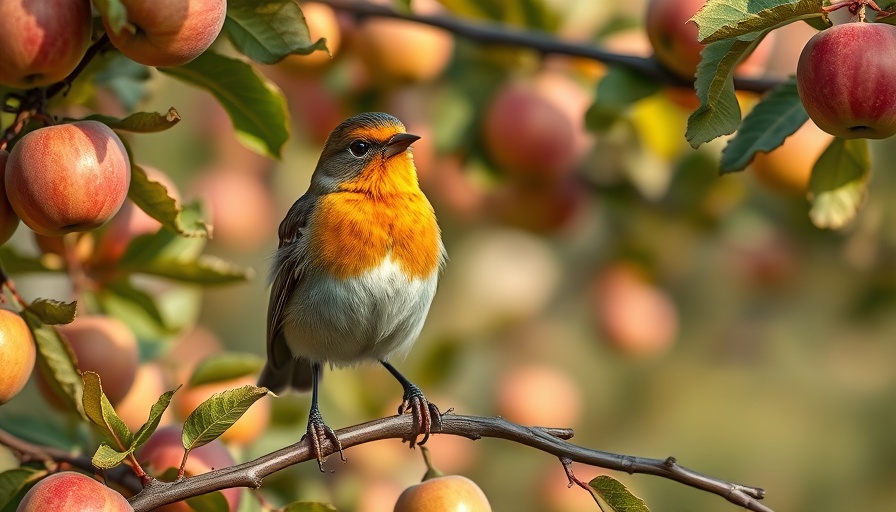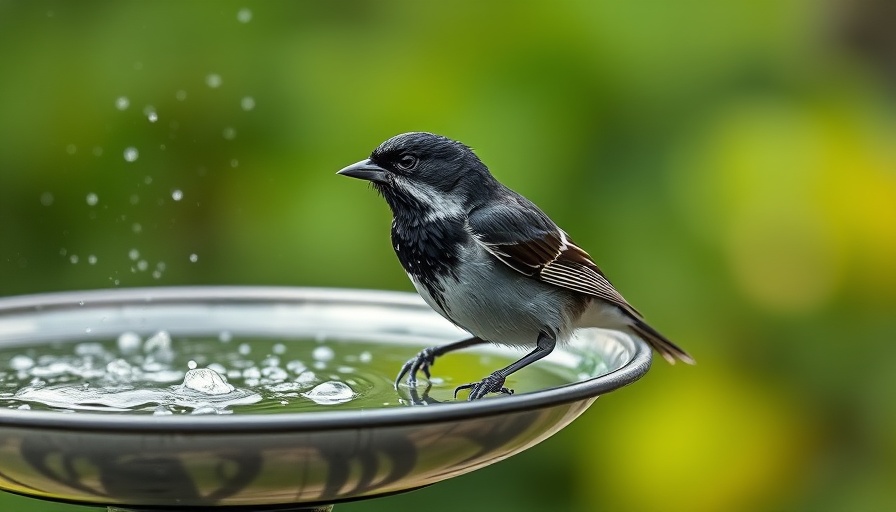
Unleashing the Power of Quizzes for Bird Enthusiasts
Did you know that quizzes can significantly enhance your enjoyment of birdwatching? In a world where getting people to engage with nature is more important than ever, platforms are emerging to harness technology for educational purposes. Just like Scott Keller’s successful birdwatching quiz that skyrocketed his subscriber list from 3,000 to 70,000, quizzes offer an engaging approach to connecting individuals with the avian world.
How Quizzes Can Transform Birdwatching
Interactive quizzes serve dual purposes: entertainment and education. These assessments can bolster knowledge retention and cultivate a greater appreciation for the avian species around us. Research has shown that utilizing quiz-style training tools can greatly improve participants' understanding of birdsong identification, as exemplified by the implementation of the TORI-TORE quiz training program in Japan. This initiative aims at honing citizens’ skills for biodiversity monitoring, showcasing the pivotal role citizen science plays in conservation efforts.
Creating a Memorable Learning Experience
The intersection of technology and nature offers transformative learning experiences. With platforms like TORI-TORE and Keller’s quizzes, users can engage with material in a stimulating way that appeals to the senses. These quizzes not only test knowledge but also help participants learn more about the species they encounter in their daily lives. They connect learners with essential information about how to identify and appreciate various birds and their behaviors.
Benefits of Birdwatching Quizzes
- Boosts Engagement: Quizzes keep potential birdwatchers engaged, encouraging them to participate actively rather than passively observing.
- Enhances Knowledge: Regular interaction with training materials through quizzes elevates understanding and appreciation of avian species.
- Encourages Community Building: Birdwatching quizzes can foster a community of enthusiasts, creating a space for shared learning and experiences.
- Supports Citizen Science: Enabling citizens to contribute to environmental monitoring through enhanced skills in identifying local bird species aids overall conservation efforts.
Final Thoughts: The Importance of Connecting with Nature
As we navigate a tech-driven world, initiatives that promote interaction with nature are paramount. Birdwatching quizzes not only enrich personal knowledge but also contribute to critical conservation efforts. By taking advantage of such engaging learning tools, nature lovers can deepen their understanding and commitment to preserving the avian species that share our environment.
 Add Row
Add Row  Add
Add 




Write A Comment